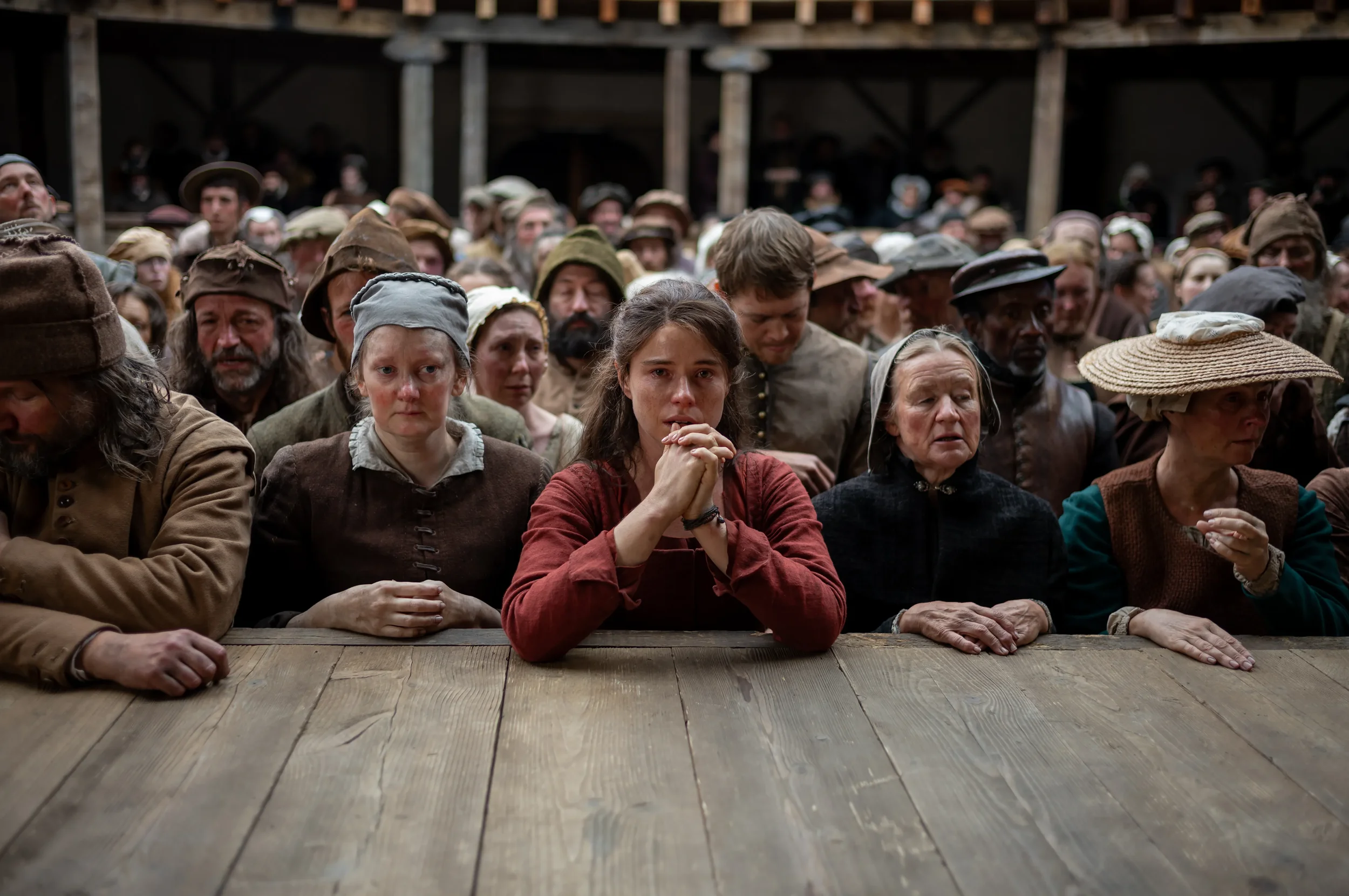Hamnet — Montclair Film Festival Review
Source: Focus Features
William Shakespeare’s Hamlet has graced the silver screen in many forms for decades, whether it was Laurence Olivier’s 1948 classic or Michael Almereyda’s 2000 adaptation that transported the story to contemporary New York City. But never before has a film recontextualized and transformed the way audiences perceive the story of Hamlet quite like Chloé Zhao’s adaptation of Maggie O'Farrell’s award-winning novel Hamnet.
Zhao co-wrote the screenplay with O’Farrell, ensuring the heart of the novel remains intact while translating beautifully to the screen. The film traces the love and loss that shaped Shakespeare’s most famous tragedy, anchored by knockout performances. Jessie Buckley is transcendent as Agnes, Shakespeare’s wife. Her raw, almost primal portrayal erupts with the unbearable ache of grief without slipping into melodrama. Her gut-wrenching, guttural screams make every ounce of her anguish feel inescapably real. It’s easy to envision her walking home with several statues this upcoming awards season.
Paul Mescal gives a career-best turn as Shakespeare, embodying him with a subtle, layered emotional intensity. He doesn’t attempt to recreate the man from the history books or lean into the tropes of a tortured artist. Instead, he reveals a deeply human side: flawed, yearning, and tender. Together, he and Buckley create one of the most haunting and authentic portrayals of mutual mourning in recent memory.
Source: Focus Features
Buckley and Mescal are more than deserving of the acclaim they’ve received. Yet it’s Jacobi Jupe, as their son—the titular Hamnet—who leaves the deepest mark. Though his screen time may be brief, he delivers one of the strongest performances from a child his age. There’s a profound sadness in his eyes that pierces straight through the heart. It suggests a wisdom far beyond his years. His ability to convey complex emotions that most children have never even experienced is nothing short of astonishing.
Although both the film and the novel it’s based on are fictional interpretations of how Shakespeare came to write Hamlet, the story draws from the real tragedies he and his family endured. Hamnet stands out as one of the rare historical dramas told from a different perspective, which is part of what makes it so compelling. Shakespeare may be a character in the film, but this is not his story. In fact, he’s rarely addressed by name. Zhao ensures this is Agnes’ story first and foremost, allowing her experiences with love, heartache, agony, and understanding to take center stage.
Max Richter’s score is magnificent. Early in the film, it carries a wistful romantic quality. Then it gradually shifts to something darker and more uneasy as the narrative deepens. It feels almost ominous and hints at the heartbreak to come. In the final scene, the music swells with overwhelming force, tying the film’s emotional threads together. It’s one of Richter’s most affecting compositions. The score amplifies the story’s impact without ever feeling manipulative.
Source: Focus Features
Even though most people in the theater already knew precisely where the story was headed, sniffles could still be heard throughout the auditorium. Zhao’s sensitive yet unflinching direction is enough to knock the wind out of you. Łukasz Żal’s thoughtful cinematography isn’t obtrusive or overly stylized, but rather, patient and naturalistic. The restrained camerawork allows the emotions to gently seep in. It’s such a devastating film that every ticket for Hamnet should come with a complimentary box of tissues. Still, its emotional weight may prove too heavy for parents, especially those with young children.
Hamnet isn’t merely a movie about grief; it’s about what we do with that grief. It’s about how love and art can help us make sense of our suffering. Zhao doesn’t sensationalize sorrow. Instead, she lets it unfold patiently, giving the audience space to quietly sit with its weight. By focusing on Agnes’ perspective and surrounding it with phenomenal performances and a masterful score, she has crafted a film that feels intensely intimate yet simultaneously monumental. Hamnet is more than a story of loss; it’s a testament to love’s endurance and the creative power of channeling our pain into art.
Hamnet screened at the Montclair Film Festival on October 19, 2025. It will be released in select theaters on November 27th before expanding nationwide on December 12th.





